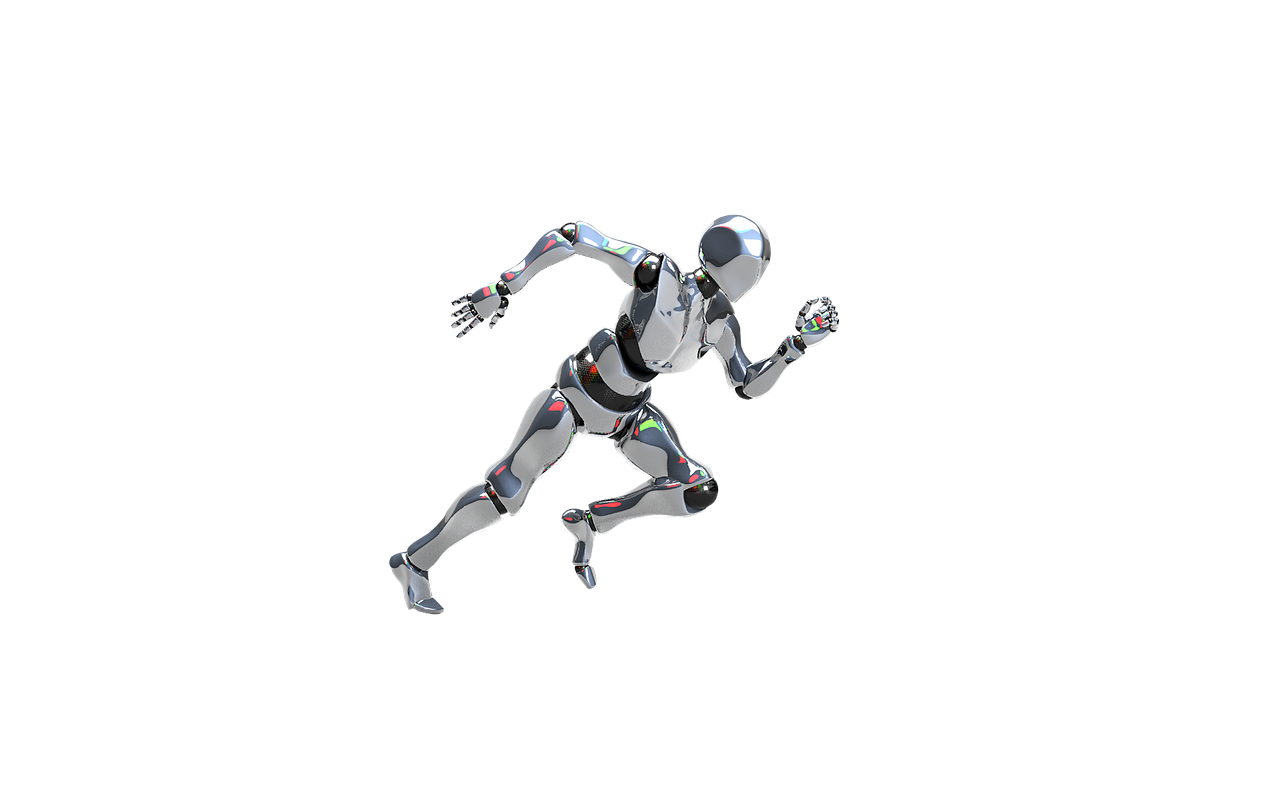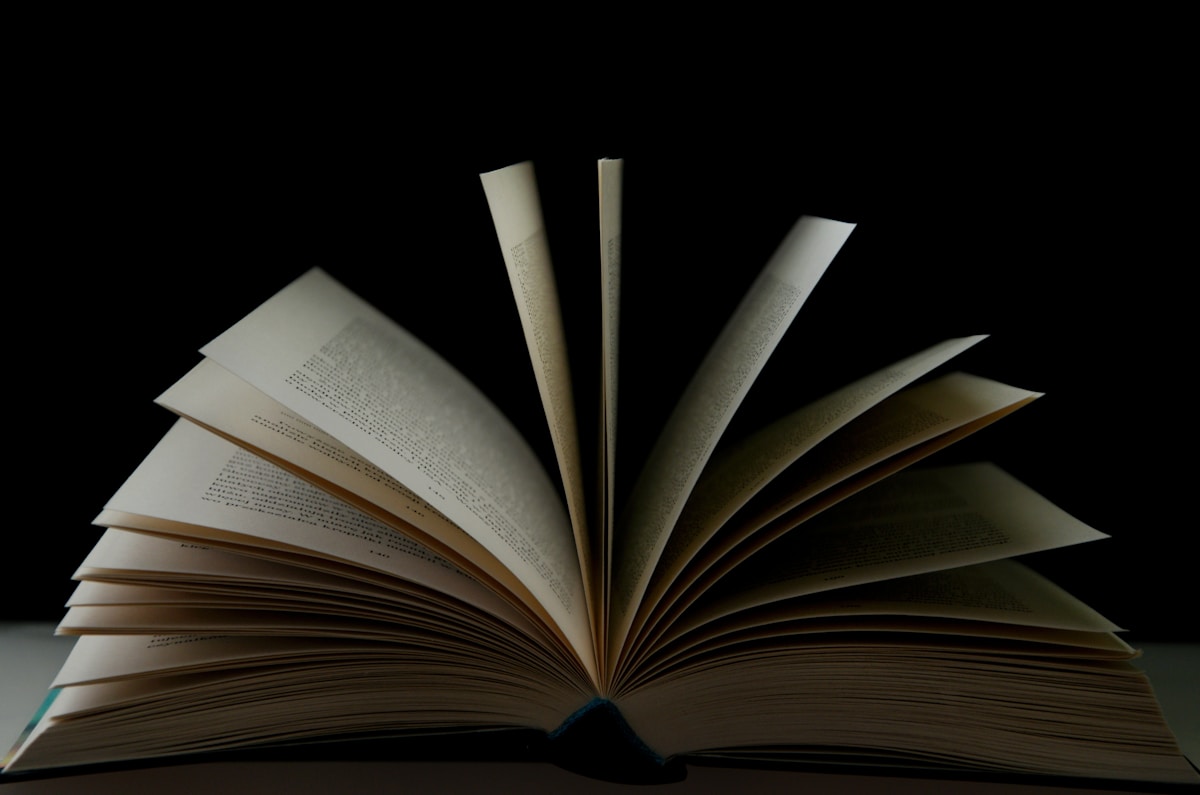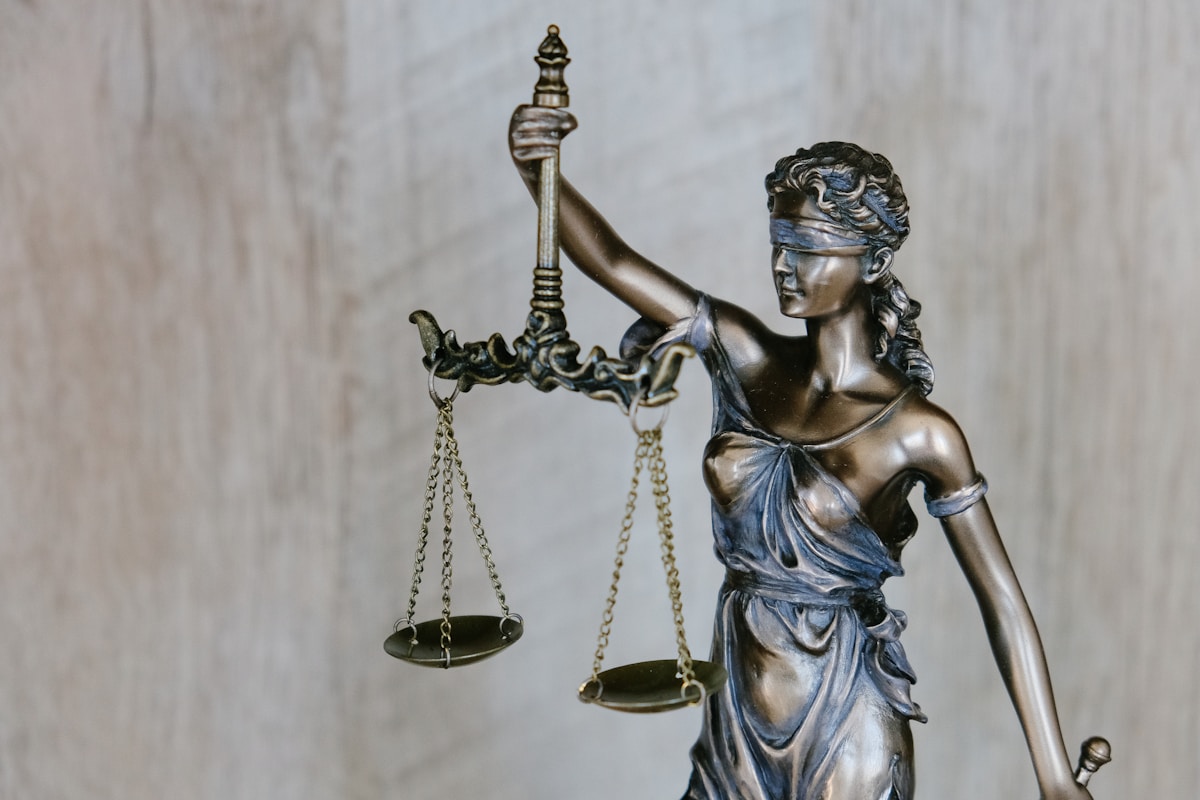Apple has become the latest tech giant to face legal scrutiny over its artificial intelligence development practices, with authors Grady Hendrix and Jennifer Roberson filing a class action lawsuit alleging the company trained its AI models on copyrighted books without permission or compensation[1][3]. The lawsuit, filed on September 5, 2025, in Northern California, marks the 49th copyright case against AI companies and the first targeting Apple specifically for its AI training methods[3].
The complaint centers on Apple’s OpenELM large language models, which include variants OpenELM-270M, OpenELM-450M, OpenELM-1_1B, and OpenELM-3B[6]. The authors claim Apple utilized the Books3 dataset—a collection of approximately 196,640 pirated copyrighted works—to train these AI systems without obtaining proper licensing or consent from copyright holders[1][6].
The Allegations
The plaintiffs accuse Apple of misleading practices when the company advertised that Apple Intelligence was trained using “publicly available” or “open source” works[6]. According to the lawsuit, these terms were used deceptively, as they merely indicated the materials were accessible online rather than legally free for public use[6].
Beyond the Books3 dataset, the authors allege Apple deployed its proprietary web scraping tool, Applebot, to collect vast amounts of data without disclosing that such information would be used for AI training purposes[4]. The complaint further contends that these bots may have accessed “shadow libraries”—websites that illegally host millions of copyrighted books[1][4].
Hendrix, a New York-based horror writer whose latest work is Witchcraft for Wayward Girls, and Roberson, an Arizona fantasy author with more than 120 published books, are seeking to represent a class of authors whose works were allegedly misappropriated[1][3]. The plaintiffs demand statutory damages, compensatory damages, restitution, and the destruction of all AI models built using the allegedly pirated content[4].
A Growing Legal Battle
This lawsuit arrives amid an expanding wave of litigation targeting major technology companies over their AI training practices. The timing is particularly notable, as news of the Apple lawsuit emerged the same day AI company Anthropic disclosed it had reached a $1.5 billion settlement with authors in a similar case—a figure lawyers described as “the largest publicly reported copyright recovery in history”[1][5]. However, subsequent developments revealed that Judge Alsup initially refused to approve the Anthropic settlement, demanding additional information[5].
The plaintiffs in the Apple case are employing a legal strategy similar to that used in the Bartz v. Anthropic case, which yielded approximately $3,000 per work for roughly 500,000 copyrighted works[3][5]. This approach signals that authors and their representatives are becoming increasingly coordinated in their efforts to establish legal precedents for AI training practices.
The Fair Use Defense
AI companies have consistently sought protection under the fair use doctrine when facing copyright infringement allegations[4]. This well-established principle of U.S. copyright law permits limited use of copyrighted material without owner permission under certain circumstances.
Recent court decisions have favored AI companies on this issue. In Kadrey v. Meta, the court determined that Meta’s use of copyrighted materials qualified as fair use because the plaintiffs failed to demonstrate concrete harm[4]. These precedents suggest Apple may adopt a similar defensive strategy, though the company has not yet publicly responded to the lawsuit.
Implications for the Tech Industry
The expanding litigation highlights fundamental tensions between technological innovation and intellectual property rights in the digital age. As AI systems require increasingly vast datasets to function effectively, tech companies find themselves navigating murky legal waters regarding what constitutes permissible use of copyrighted material.
For Apple, a company that has positioned itself as privacy-conscious and user-focused, the lawsuit presents reputational challenges beyond the immediate legal implications. The case raises questions about transparency in AI development and whether companies adequately disclose their data sourcing practices to consumers and content creators.
The outcome of this lawsuit—and others like it—will likely shape how the tech industry approaches AI training in the future. If courts rule against AI companies, it could necessitate comprehensive licensing agreements with authors, publishers, and other content creators, potentially increasing development costs and altering business models. Conversely, broad fair use protections could accelerate AI development but leave content creators feeling their work is being exploited without fair compensation.
As the case proceeds through the legal system, it will join a growing body of jurisprudence attempting to balance innovation incentives with creator rights in an era where the boundaries between human creativity and machine learning continue to blur.
Sources:
[2] https://mastodon.social/@mindlude
[4] https://hothardware.com/news/apple-ai-copyright-lawsuit-iphone-17-event
[5] https://www.mckoolsmith.com/newsroom-ailitigation-36
https://images.unsplash.com/photo-1589998059171-988d887df646?w=1200
https://images.unsplash.com/photo-1589829545856-d10d557cf95f?w=1200


